Truth be told, it’s hard to go out for a drive without spotting a pickup truck on the road.
Due to their functionality, it is no surprise that these light-duty trucks are also the best-selling vehicles in the United States.
The experience of sitting high in your truck can’t be compared to riding in sedans, MPVs (multipurpose vehicles), and other normal vehicles.
While some people love the strong and powerful aura that pickup trucks can give off, not everyone can properly drive them, let alone push these mechanical beasts to their maximum potential. However, like other skills, you can always learn.
So, sit back and keep reading. We have listed all the things that you should know regarding safety and how to drive a pickup truck.
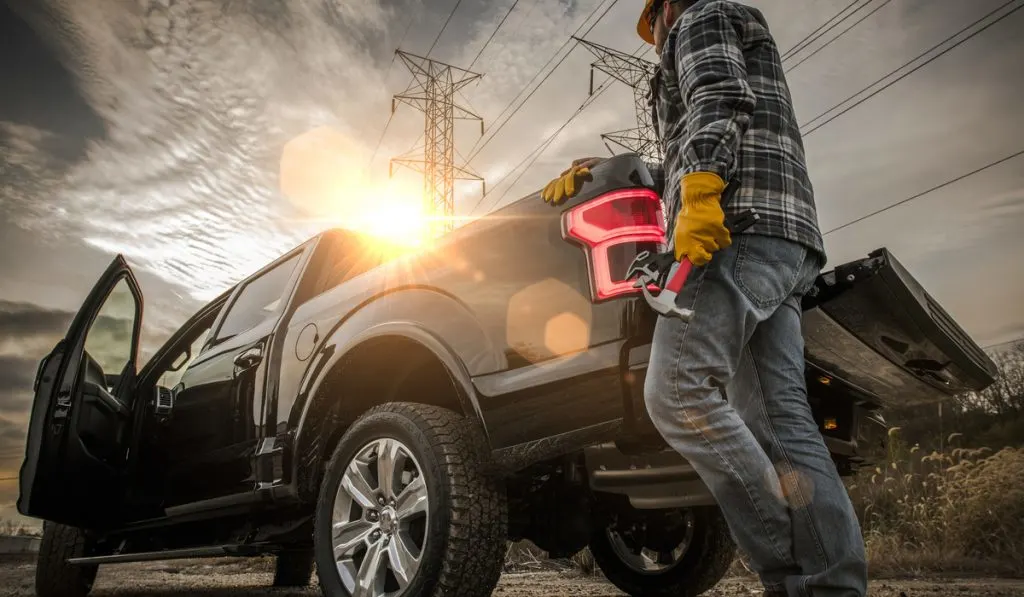
Slowly Adjust to Its Heavy Weight
Transitioning from a normal sedan to a pickup truck can be quite overwhelming due to several factors. For instance, they are larger and heavier than other vehicles.
- A pickup truck can also move faster when you drive downhill.
- Estimating the size of a parking spot can be a bit hard at first when you’re already used to the smaller size of regular cars.
- The usual speed you drive in your previous car won’t feel similar anymore. What 30 miles per hour in a car feels like is not the same as 30 miles per hour in a pickup truck.

Be Aware of Blind Spots
The larger your vehicles are, the harder it will be to navigate their movement, especially in tight corners and on narrow roads.
Most vehicles have their own blind spots, but for pickup trucks, their blind spots can be a bit harder to manage.
This is because many trucks are high off the ground. Hence, it is quite challenging to get a good view of your surroundings and navigate your truck around obstacles.
In fact, you can’t even see small children or animals that stand or pass behind your truck. So, be sure to look around a few times and signal properly before stepping on the gas.
You can also install mirror extensions to get a clearer view of your surroundings.

Take It Easy on the Gas and Brake Pedals
Driving a large and heavy vehicle gives you an edge that other cars don’t. For example, pickup trucks are more stable and don’t sway easily when you drive them on a windy day.
You can also experience the illusion that your truck isn’t fast enough because you can feel the resistance it faces when you step on the gas.
On the other hand, when you step too hard on the brakes, the momentum of your truck can force your body to jolt forward, especially when it suddenly stops after moving at high speeds.
So, avoid stepping on the pedal too hard or in a sudden manner. You should always remember that heavier vehicles tend to create greater momentum when they move.
Hard braking can also make the truck go into a slide.
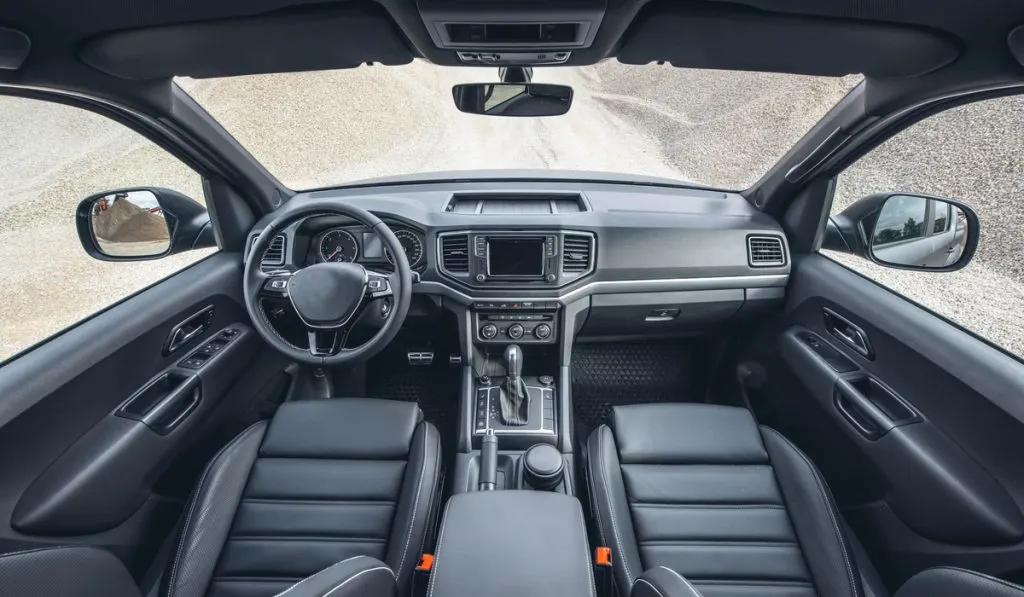
Adjust Your Seat for a Better View
Most pickup trucks are built with seats that are positioned much higher than the ones in normal cars. This can increase visibility and field of vision, which is especially useful when you’re driving in suburban areas or on rough terrain.
However, this increase in height can also make it harder for shorter people to enter or exit the vehicle. They can also face problems checking the rearview mirror and their surroundings.
To solve this issue, you can adjust the seat to get a clearer view or install a seat booster to see over the steering wheel.
You can also install a high-quality camera to give you a wider perspective and comfortability for reversing. No more neck strain because you don’t have to turn your head to look when reversing your truck.

Get Used to Using More Space When Turning
Pickup trucks are much longer than regular vehicles. Hence, you will need a wider berth when turning, especially on narrow roads with just one or two lanes.
In some cases, you might need to be in the opposite lane for a while until you can make a complete turn. Don’t expect to be able to turn your truck less than 45 degrees with a space of 3 feet.
You will also need to adjust the way you step on the gas pedals. Turning larger vehicles requires you to accelerate slowly to avoid accidents.
So, learn how to navigate and drive your truck properly until you’re confident enough to take it on the highway.

Always Check the Seat Belts and Airbags for Every Seat
No matter what you do, safety should always be your main concern.
We tend to mostly check the seat belts and airbags for front passengers. Oftentimes, back seats will get the least attention from anyone who owns a car.
So, take care of your passengers. Before any trip, be sure to check every seat belt for any issues.
For airbags, you will have to take your truck to the workshop and ask your mechanic to check the condition of your airbags.
Most of the time, if your vehicle hasn’t been in any major accident, the airbags should be perfectly fine.
Always check all the safety devices installed in your vehicle.
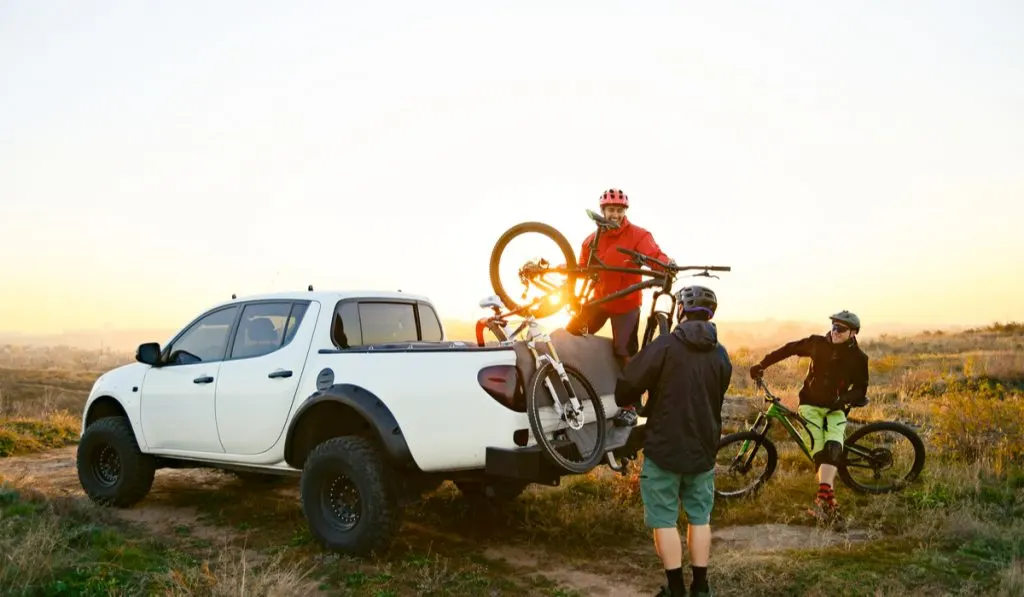
Follow the Recommended Weight Capacity
One of the biggest reasons why people love pickup trucks is their ability to carry heavy loads.
The hauling capacity you get with a pickup truck is greater than other vehicles such as vans or MPVs (multipurpose vehicles).
Due to a truck’s durability, some truck owners overload the truck bed with many heavy objects. But this habit can cause a lot of issues down the road.
In the long term, overloading your truck can cause problems for the engine, suspension, engine mounting, and other major parts.
So, don’t go overboard, and make sure that you know the load capacity of the truck.
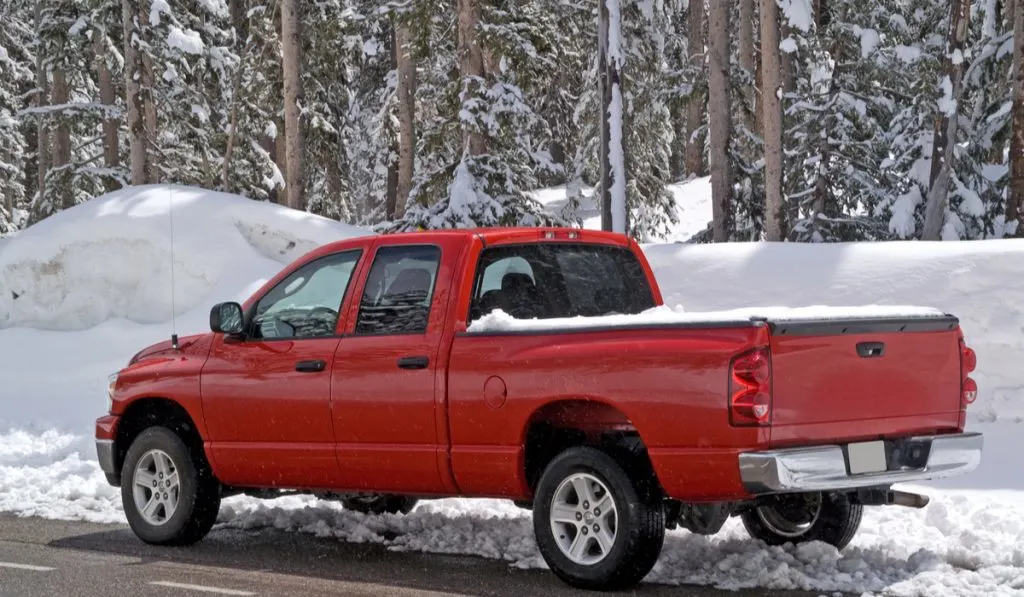
Practice Makes Perfect
If you’ve never driven a pickup truck and assume that the experience is similar to driving a sedan, then you might be in for a lot of surprises. The way regular cars handle is totally different from driving this large vehicle.
Some older truck models without traction control are also trickier to handle and require a lot of practice.
Hence, spend some time and learn to drive this sturdy beast until you are familiar with the feeling of driving a four-wheel-drive vehicle.
Once you’re comfortable enough to maneuver it, then you can move forward with other advanced driving practices such as towing small cars, hauling large objects, and driving off the road.
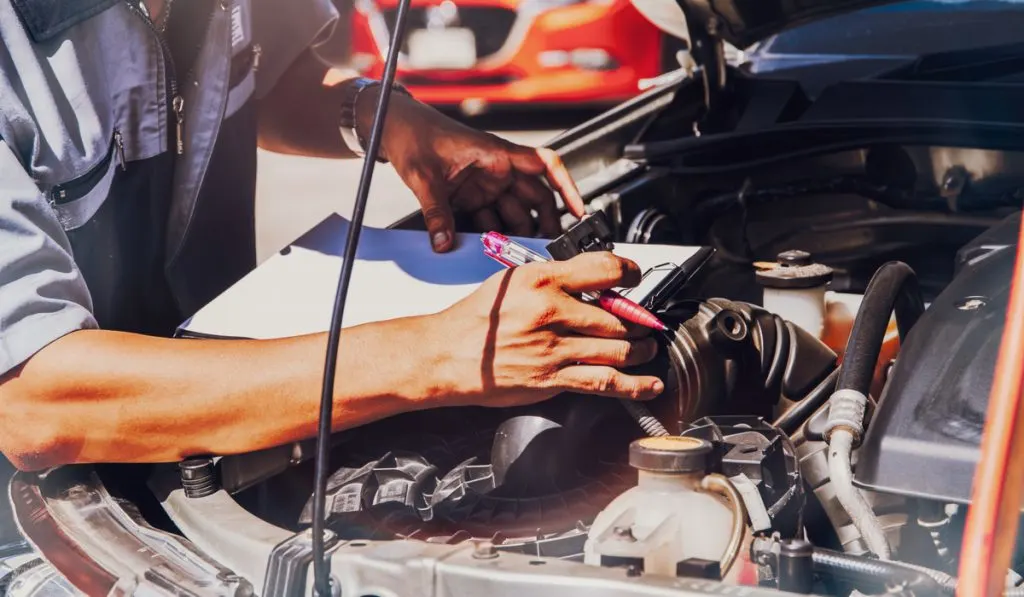
Invest in Yearly Maintenance
Scheduling regular checkups and minor servicing for your truck can save you from a whole lot of financial trouble in the future.
This is because a lot of major breakdowns happen when drivers neglect minor services such as changing engine oil, refilling coolant, replacing a new timing belt, and many more.
So, go for regular maintenance so you can keep your truck running for a long time.
Final Thoughts
Keep in mind that you don’t need to be an enthusiast or an avid trucker to drive a pickup truck. If you’re having a hard time while driving this vehicle, don’t sweat it off.
Generally, a pickup truck is strong and durable enough to handle rough driving. As long as you drive safely and follow all these safety tips, a pickup truck will definitely benefit you in many ways!
Resources
- https://www.twdrivingschool.com/tips-for-first-time-pickup-drivers/
- https://www.tadibrothers.com/blog/5-essential-tips-driving-pickup-truck-first-time
- https://www.backrack.com/blog/safety-tips-for-pick-up-truck-drivers
- https://specialtyperformanceparts.com/blogs/news/tips-for-first-time-pickup-truck-drivers
- https://www.erielifemagazine.com/pickup-pointers-safety-tips-for-first-time-pickup-truck-drivers/
- https://reviews.com.np/article/safety-tips-for-pick-up-truck-drivers
- https://www.adamsandholt.com/2017/03/29/4-tips-for-driving-a-pickup-truck-when-youre-short/
- https://www.miamilakesautomall.com/chevy-blog/top-tips-pickup-truck-safety/
